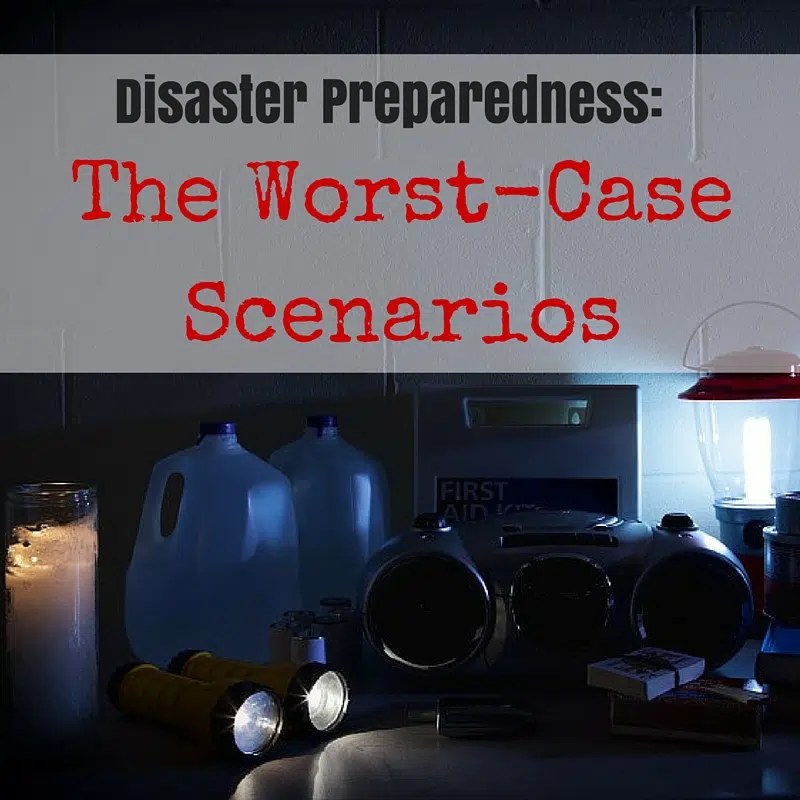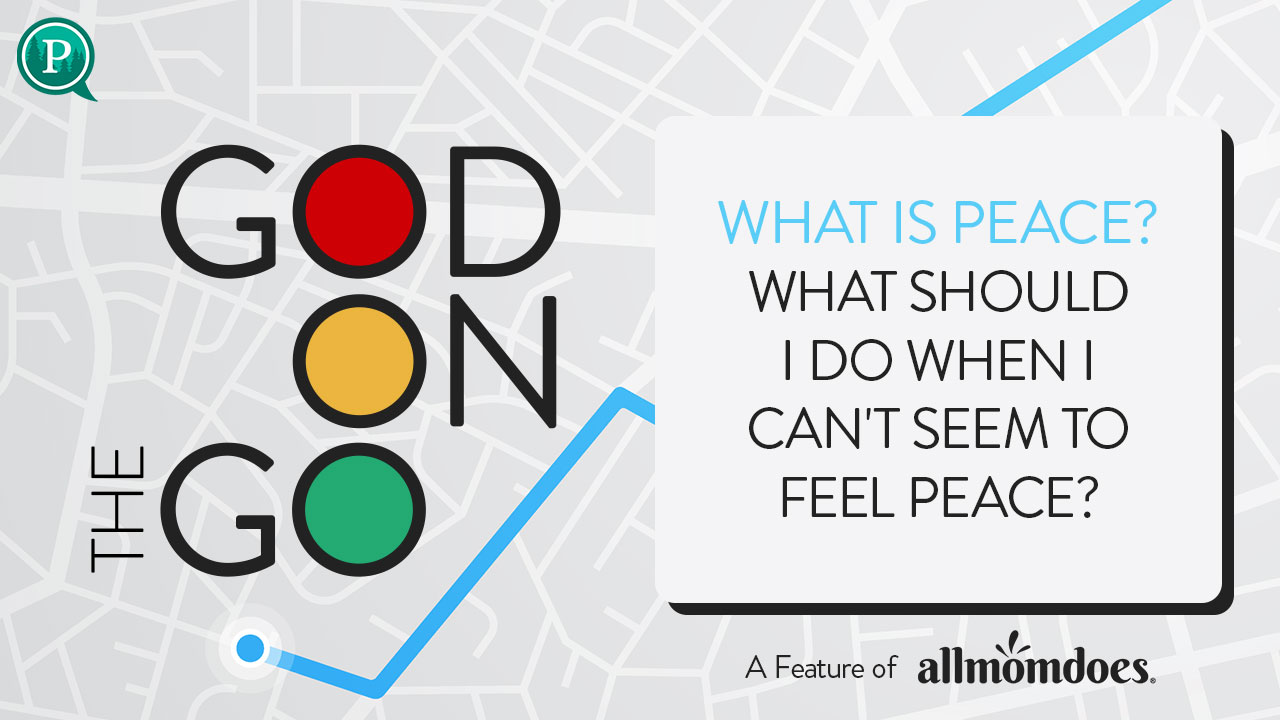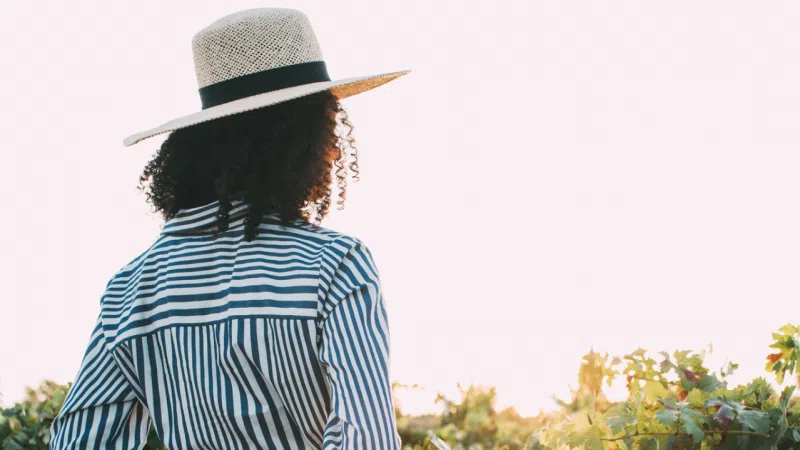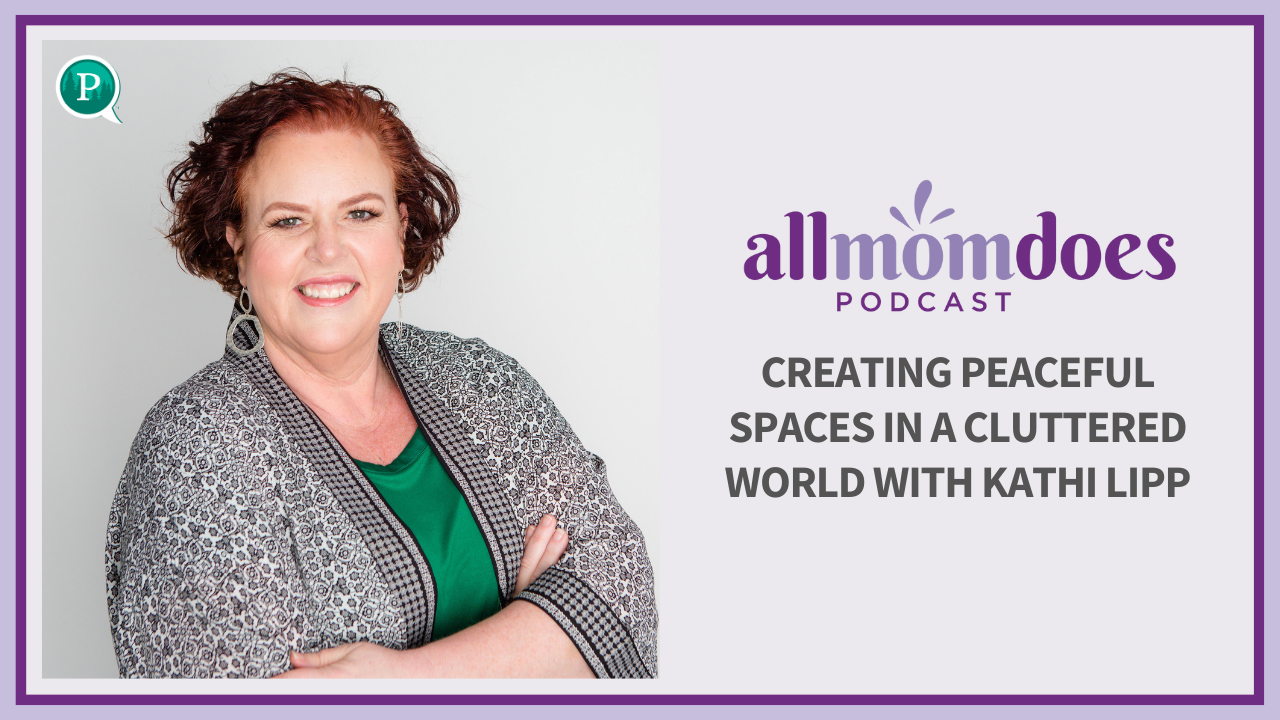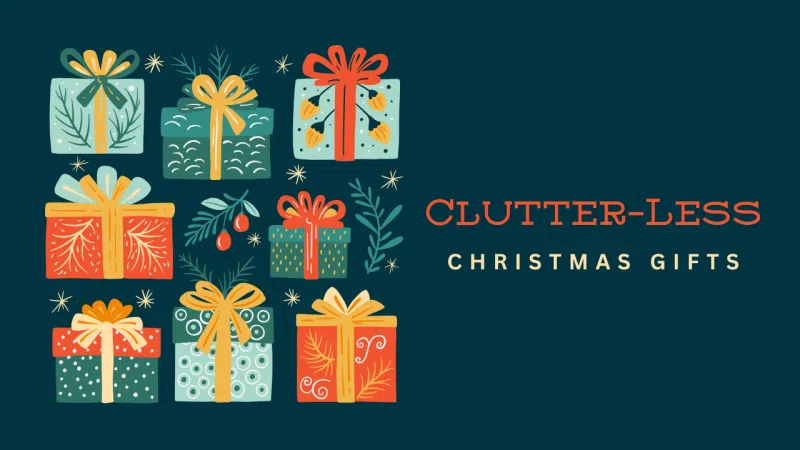Sarah Anne Carter is a contributing writer for The Survival Mom. This is the fifth and final in a series of articles on disaster preparedness for AllMomDoes; read her previous posts on A Beginner’s Guide to Disaster Prep, Food Storage, Emergency Supplies, and Evacuation Tips!
TEOTWAWKI (The End of the World as we Know It). Zombie Apocalypse. EMP (Electro-magnetic pulse). Nuclear War. Great Depression. Economy Collapse.
Scary, scary stuff. However, these scenarios don’t require that much more preparation than being prepared for traffic jams and power outages, they just require being prepared for a much longer timeframe.
Living without power
There are several scenarios that could result in either long-term or permanent loss of electrical power. A solar flare or EMP could destroy the electronics in everything from watches to vehicles. I hope this scenario never takes place in our lifetime – I know I would miss the dishwasher, washing machine, hot running water for showers and the ease of cooking on a stove. Without power, our world and lifestyles would change dramatically. It’s something worth thinking about. How would your family survive without power?
Skills
There are several skills that you can learn now that can be helpful not just in a long-term survival situation, but in our current lifestyle – cooking from scratch, gardening, woodworking, ham radio knowledge, gunsmithing, herbal medicines and sewing, among others. If there was a long-term power outage, you may be able to barter skills and services for foods and goods. Many of us would be working just to get enough food to take care of our families and you would need skills that aren’t dependent on the power grid. Having books on hand on these topics is a good idea in case you don’t learn the skills you want before an emergency situation happens.
Long-term thinking
Let’s look harder at gardening. In a long-term power outage, you will probably want to try and grow your own food. Learning to garden takes time. I am in my second year of gardening and am learning new things every time I go check on the garden. It’s a skill you have to actively do to learn. I have learned about heirloom seeds and how to save certain kinds of seeds. I need to learn how to save other seeds, crop rotation, cross pollination and what to plant together (or not). Not to mention the different diseases and pests that come every year! We can change out our garden every year to learn something new and then if the time ever comes, we know and can depend on our garden, not just hope the seeds we have on hand will grow. In addition to growing, we learn how to preserve food either by freezing, canning or dehydrating so we know how we can store it.
Medical considerations
As I mentioned in the article about supplies, a basic first-aid kit is a must for any family to have and is especially important for long-term survival. Some people make extensive kits by using a tackle box. Another important thing to have on hand is important prescriptions. Work with your doctor to let him know that you would like to keep a month’s worth of your prescription on hand for emergencies. It would also be good to research other options for treating conditions without medication, such as with essential oils or herbs and plants (there are some options for diabetes).
Books, books and more books
In a world without power, all the information we now have at our fingertips will be gone. Books and the knowledge they contain will become valuable. Think about building up a reference library for things you would want to know. Old cookbooks have recipes with basic ingredients and less reliance on kitchen gadgets. We have an encyclopedia set so I could still teach our children if they couldn’t go to school. I keep classics on hand and look for books on gardening and medical treatments when I go to used book sales. It doesn’t require a lot of money to start up a personal reference library these days – you just need the space.
Besides reference books, reading books that present people in these kind of long-term survival situations (dystopian) can help you grasp how serious they can be and what kind of things you need to have and do to survive. One Second After by William R. Forstchen is a good place to start. For children, there is the City of Ember series by Jeanne DuPrau.
Remember, being prepared is not about worrying, it’s about facing the future with confidence. If you have any specific questions or topics you want covered, leave me a message in the comments below.
One book that is a great resource if you want more detailed information on being prepared is Survival Mom by Lisa Bedford.
This article contains affiliate links along with links to more in-depth articles on topics found at The Survival Mom.
